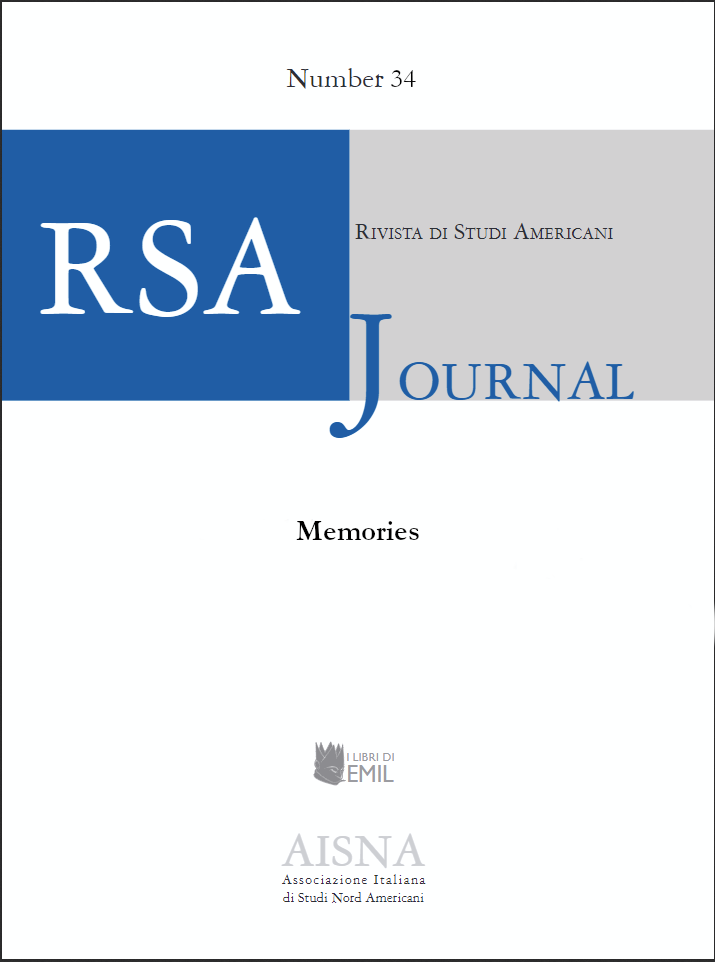Opening and Closing Gates in Cold War America
Foreign Policy and the Politics of Immigration Law
DOI:
https://doi.org/10.13135/1592-4467/8385Keywords:
Cold War, American foreign policy, immigration lawAbstract
This essay examines the manifold impacts of Cold War imperatives on American immigration policy. In the bipolar era, and especially until the peak of détente in the mid-1970s, anticommunism provided the political prerequisite to the restriction of the visa system. There was widespread consensus around the need to exclude foreign radicals in order to preserve the integrity of the nation. At the same time, the willingness of the USA to present itself as a model superior to the Soviet Union was the pretext for opening borders and increasing the entry of refugees, especially from communist regimes. Both these approaches had to face long-existing matters of concern over the national identity, in which race, ethnicity, education, and economic conditions represented crucial factors to select incoming migrants. Focusing on the connections between the Cold War (a multi-faceted era, whose periodization varies according to the perspective adopted) and American immigration policy (which rules the most evident of transnational phenomena), migration offers the chance to rethink both, and provides suggestions for further research on the subject.
Downloads
Published
Issue
Section
License
RSAJournal will apply a CC BY 4.0 license to all its contributions starting with issue 37 (2026). Previous issues are licensed under a CC BY-NC-ND licence.





